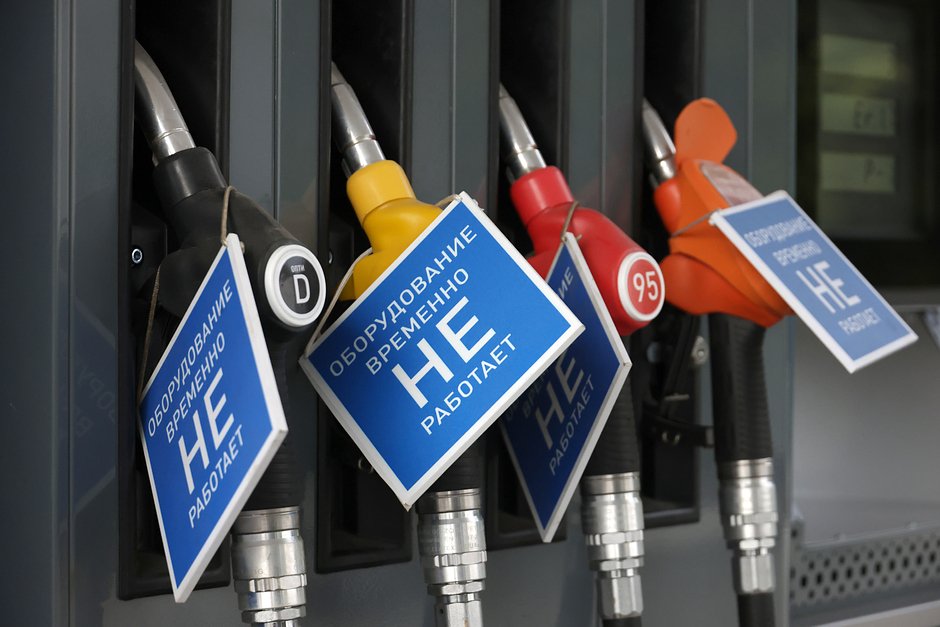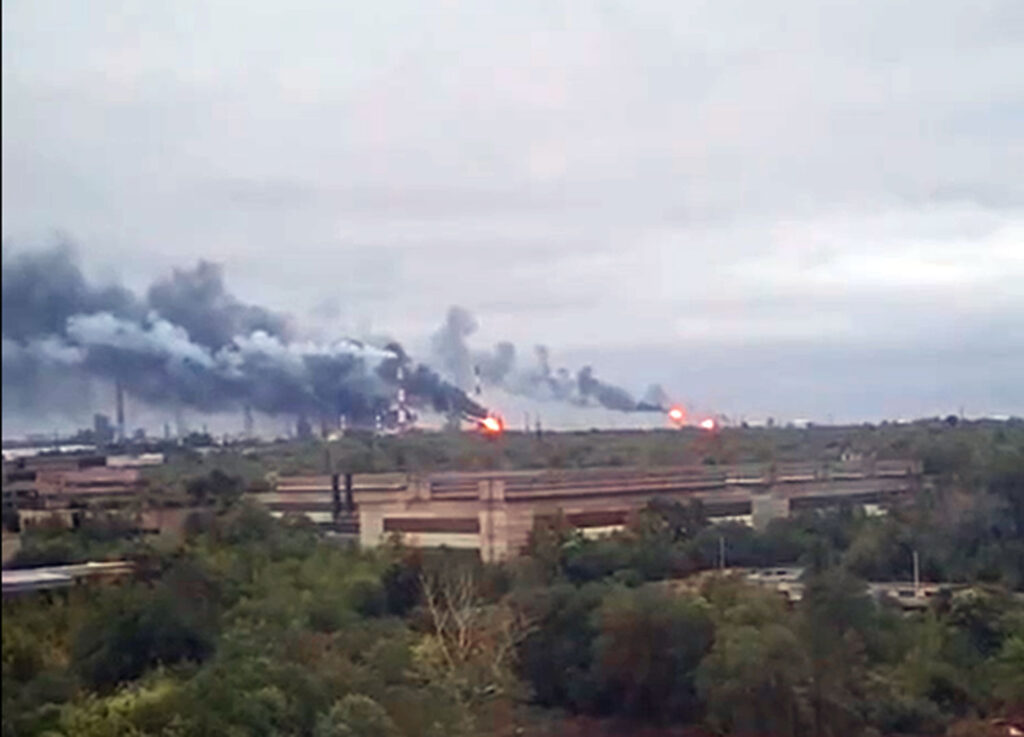Russia imposes fuel rationing on civilians: Ukraine’s Foreign Intelligence

Ukrainian intelligence reports fuel shortages now reach Russia’s Pacific territories, forcing Moscow to seek emergency supplies from Belarus.
The reported restrictions from Crimea to the Pacific islands demonstrate how Ukraine’s systematic refinery strikes are creating supply disruptions far from front lines, potentially affecting both military logistics and civilian mobility.
Russia has imposed strict 10-liter fuel rationing on civilians in the remote Kuril Islands while urgently purchasing petroleum from Belarus to address spreading domestic shortages, Ukraine’s Foreign Intelligence Service reported on 21 August.
Since January, oil refineries have been the target of 42% of Ukrainian long-range strikes, making them the single most-hit category. Russian media, including The Moscow Times, have separately confirmed gasoline prices reaching record highs after refinery attacks.
Intelligence claims Belarus supplying emergency fuel
According to the Ukrainian intelligence report, Russian companies’ interest in Belarusian petroleum products “rose sharply” in the second half of August, citing the Belarusian state company Belneftekhim. The assessment claims Belarusian refineries are rapidly increasing supplies to meet Russian demand.
“Russian companies are urgently buying fuel from Belarus,” the Foreign Intelligence Service stated, though the scale and verification of these purchases could not be independently confirmed.
According to the intelligence assessment, the fuel crisis has spread from occupied Crimea, eastward through Russia’s Far Eastern regions of Transbaikalia and Primorye, ultimately reaching the remote Kuril Islands near Japan.
Oil refinery strikes create price surge
Russian media have documented specific price increases from the strikes. The Moscow Times reported that wholesale gasoline prices reached historic highs after Ukrainian strikes on major refineries, with AI-92 gasoline jumping 38% and AI-95 nearly 49% since the start of 2025.
Confirmed impacts from open sources:
- Three major refineries knocked offline in August (Ukrainian strikes target 13.5% of refining capacity)
- Russian fuel prices surge 40-50% since start of year reaching historic records
- Russia imposed gasoline export bans with extensions under consideration
- Wholesale fuel prices trigger crisis forcing domestic market interventions
Recent verified strikes include multiple hits on the Ryazan refinery, which produces aviation fuel for Russian military aircraft, and the Volgograd facility, which processes over 14 million tons annually.
